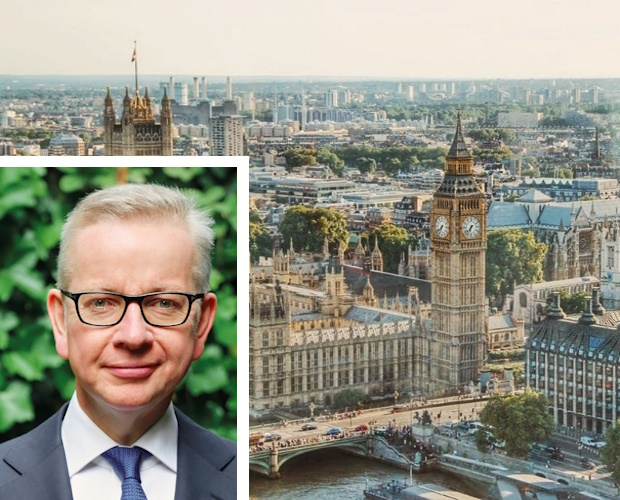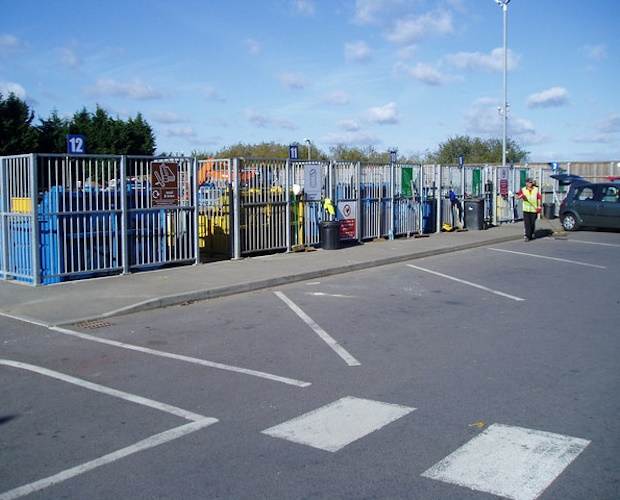T: 01822 851370 E: [email protected]
Recycling and Waste Management
Local Authorities are responsible for the collection of household waste. They are also required to provide a recycling service for at least two types of recyclable material.
Some leading local authorities are recycling nearly 70% of their household waste collected and a wide range of initiatives are being used across the country.
Our latest analysis focuses on the following indicators:
• Percentage of household waste sent for reuse, recycling or composting
• Change in Recycling Rate
• Residual Household Waste per household (kg per household)
• Change arising in residual waste per household
Latest Analysis:RSN Analysis of Recycling Trends 2013/14 District Analysis Unitary Analysis RSN Snapshot of Recycling Rate 2013/14 Analysis user guide District Analysis Unitary Analysis RSN Waste Management Indicators 2011-2015 Analysis user guide District Analysis Unitary Analysis *NB. Please note that the Period on the analysis must be changed when moving from looking at the indicators (NI191 & NI192), and the changes in these indicators between years. (eg. indicators are given years '2012-13', changes are shown as '2012-13 to 2013-14'
Supplementary note on waste and recycling information (Dec 2014) - please read |
Next StepsWe are currently carrying out a mapping exercise to determine which indicators are collected locally by local authorities and if there are any other areas where local authorities would benefit from benchmarking information. Please contact [email protected] for more information about our analyses or to suggest further areas of work where you feel your authority would benefit from benchmarking information.
|
Local Authorities are responsible for the collection of household waste. They are also required to provide a recycling service. LATEST RSN ANALYSIS: 2022/23 Residual Household Waste Per Household Analysis user guide District...
Michael Gove announced on Tuesday 4 July 2023 that the Department for Levelling Up, Housing and Communities had established the Office for Local Government (Oflog). The purpose of the new office is to provide authoritative and accessible data and analysis...
There are fresh concerns that a new ban on charges to dispose of DIY waste in England will push up costs for rural households. Following a consultation, the Government announced that Local Authorities will have to scrap the charges...
NEWSLETTER
Sign up to receive all our latest news and updates.
HOT TOPICS
Amid reduced public spending, fair resource allocation across regions is crucial. Despite a population larger than Greater London, rural areas receive significantly less funding for essential services, even though delivering these services in rural areas is more expensive.
Economic growth is widely acknowledged as essential for national wealth and prosperity and is a priority for political parties. Rural economies, employing millions and home to a higher proportion of small businesses, have potential for growth if barriers are removed.
Rural residents face distinct healthcare challenges, including limited access to transport, longer distances to medical facilities, an aging demographic, housing inadequacies, digital connectivity gaps, and difficulties recruiting health and care workers.
Rural communities are grappling with a severe affordable housing crisis, marked by high house prices, a lack of affordable housing, elevated living costs, and lower incomes, threatening their sustainability and vitality.
Transport is vital for the quality of life and economic health of rural areas, yet it faces challenges such as infrequent public bus services and less Government funding compared to urban regions.
Rural areas, encompassing a substantial portion of England's population and land, play a pivotal role in combating climate change and achieving the net zero target.
In an increasingly digital world, the lack of robust digital infrastructure in rural areas severely limits access to crucial services and stifles economic growth.
A future-focused vision for rural communities involves not just building the right homes in the right places but also ensuring thriving, sustainable communities.
SIGN UP TO OUR NEWSLETTER
Sign up to our newsletter to receive all the latest news and updates.






